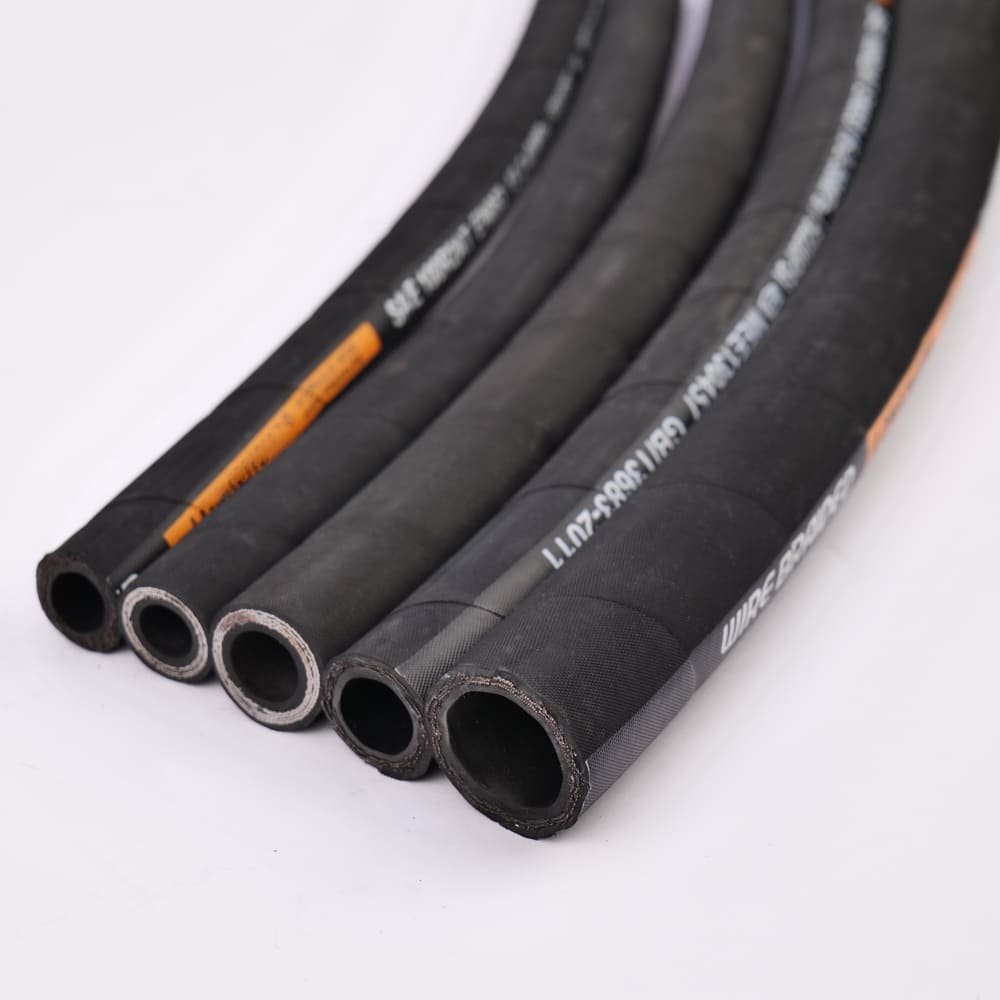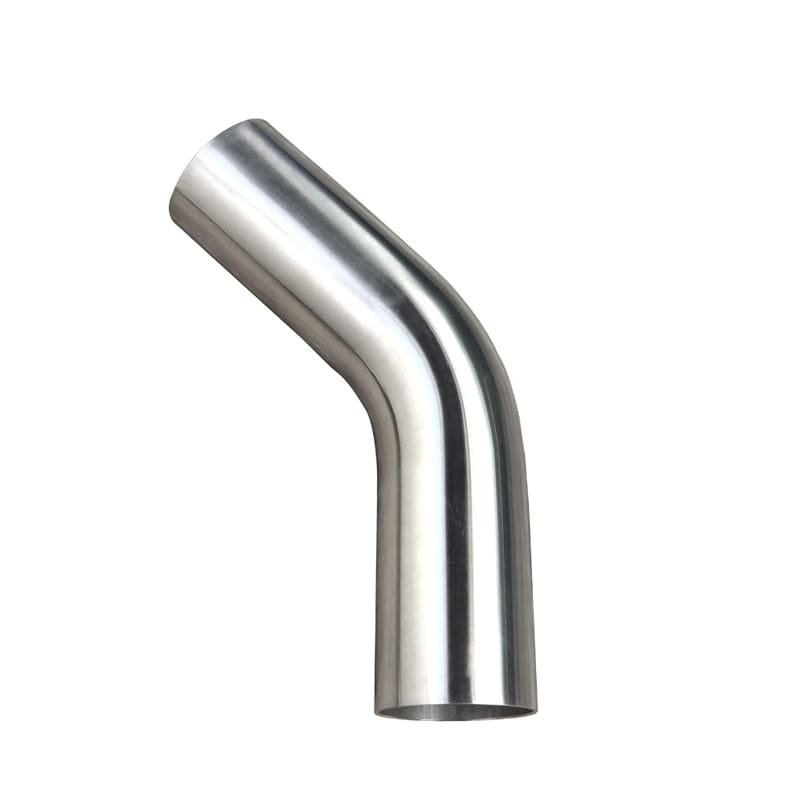When it comes to choosing between silicone hoses and rubber hoses, the right choice depends on your specific needs. Factors like temperature resistance, durability, cost, and environmental considerations all play a part. Here’s a breakdown of the main differences to help you decide which is best for you:
Silicone hoses are famous for being more flexible and durable than rubber hoses. They stay flexible throughout their life, reducing the chances of cracking and hardening. They can also handle higher temperatures, making them perfect for tough industrial applications.
Why Choose Silicone Hoses for Automotive Applications?
Silicone hoses are the best for high-performance and demanding automotive applications. They can withstand temperatures from -60°C to +280°C, so your vehicle’s systems run right without overheating or hose deterioration.
Let’s dive into the details of each type of hose to help you decide which is best for you.
Temperature Resistance
Silicone hoses are great for use in high-temperature applications such as radiator hoses, turbocharger systems, and other places where extreme heat is present. They can handle high heat, which means your cooling system will perform better and be more reliable.
Durability and Longevity
Silicone hoses are different from traditional rubber hoses because they don’t break down, crack, become brittle, or otherwise deteriorate over time. They can handle a wider range of temperatures and environmental conditions without losing their flexibility. This means fewer replacements, less maintenance, and big savings over the life of your car.
Cost-Effectiveness
When you first look at the price of silicone hoses compared to rubber hoses, you might think silicone is more expensive. But when you consider how long silicone hoses last and how little you have to do to maintain them, silicone hoses are actually cheaper in the long run.
Silicone Hose Applications in the Automotive Industry
Silicone hoses aren’t just for high-end race cars; they’re also great for everyday vehicles in a variety of applications:
- Coolant Systems: These hoses provide a reliable path for coolant, resisting both the chemicals in the coolant and the high heat near the engine.
- Air Intake Systems: By improving airflow and resisting the heat that can degrade regular hoses, silicone hoses help your engine perform better.
- Turbochargers: Silicone hoses can handle the extreme conditions of turbocharged engines, so you don’t have to worry about them failing and hurting your performance.
Addressing Common Questions
- Are silicone hoses better for cars? Yes, they are better for cars. They last longer and can take more heat. They are good for high-performance cars and regular cars.
- What are the disadvantages of silicone hoses? The only disadvantage is that they don’t work well with oil and gas.
- Are silicone radiator hoses better than OEM? Yes, they are better for cars that are driven hard and in extreme heat. They last longer and can take more heat than the average OEM hose.
- Is silicone hose OK for coolant? Yes, a silicone hose is great for coolant. It is resistant to all the chemicals in coolant.
In conclusion
silicone hoses are the way to go for the automotive industry. They make your car go faster and last longer. Whether you are racing or just want your car to run right, silicone hoses are the answer.





